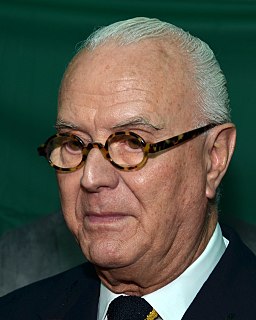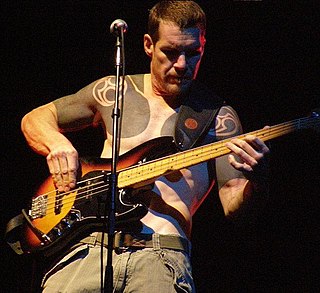A Quote by Kathleen Rubins
For long-duration exploration missions, NASA is looking for folks with a lot of operational, hands-on experience, people who have been in field-type situations such as military deployments. In my case, I worked in the Congo and in Biosafety Level 4 labs on smallpox.
Related Quotes
NEEMO missions are a challenging and exciting aspect of astronaut training. The research we conduct during those missions allows us to test new technologies and exploration concepts in conditions similar to the ones we'll experience in space. They are a great opportunity to help me expand my knowledge and develop new tools for future space exploration.
People with military experience seem to do very well in these situations. They've been taught that they can control their destiny, which is half the battle. They also have some experience in getting out of bad situations even if just through training. They know they have to make a plan and follow it and execute it.
I read a ton of nonfiction. I tend to read about a lot of very extreme situations, life-or-death situations. I'm very interested in books about Arctic exploration or about doomed Apollo missions. I tend to read a lot of nonfiction that's sort of hyperbolic and visceral. And then I kind of draw on my own personal experiences and my own sort of generic life experience, and I kind of try to feed my day-to-day reality that I have with sort of high stakes reference points that I read about. They're things everyone can relate to.
If people continue to feel like Democrats are looking after poor folks and Republicans are looking after rich folks and nobody is looking after me, then we don't get a lot of stuff done. And the trend lines evidence the fact that folks have gotten squeezed. And obviously, 2007, 2008 really ripped open for people how vulnerable they were.
The only two countries who will be able to launch people into space will be Russia and China. I've seen the Russian technology up close and I've had a chance to look at some of the Chinese technology. It's a very high level. They have good hardware and what China lacks is operational experience. But as they gain more experience, as they fly more missions, they'll catch up quickly. The U.S. does face the possibility of losing the lead in human space flight during this period of what we call the gap.
The Russians have been flying long duration crews since the early '70's. And in the early days, they've ended at least two missions early because of conflicts within the crew. So, they learned early on the importance of studying this and making sure you put the right crew together. Since we began our work together on the International Space station with the Russians in the early 2000's, NASA has started to learn the importance of this kind of work. And so, I think it's important work and we are not fully onboard and recognize it as important.
I would not go so far as to say that vaccination has never saved a person from smallpox. It is a matter of record that thousands of the victims of this superstitious rite have been saved from smallpox by the immunizing potency of death. But it is a fact that the official statistics of England and Wales show unmistakably that, while vaccination has killed ten times more people than smallpox, there has been a decrease in smallpox concomitant with the decrease in vaccination. . . It might be appropriately asked, in the words of the Vaccination Inquirer
We need to be very thoughtful about how we propose to spend the money that NASA does have for space exploration. And we need to be clear that there's the human spaceflight part of NASA, and there's the science space part of NASA, and there's also aeronautics. Those are all very different things that NASA does.































